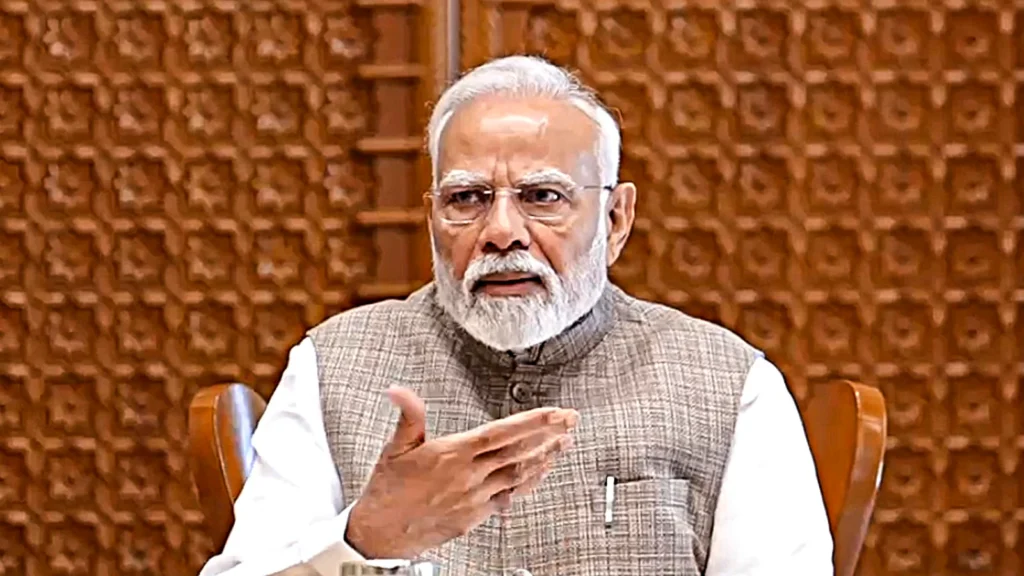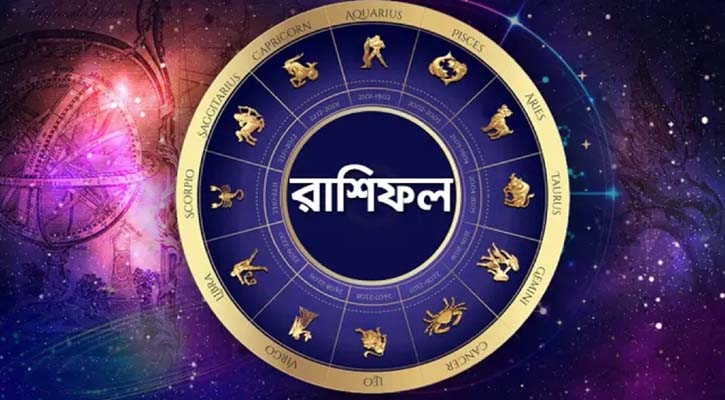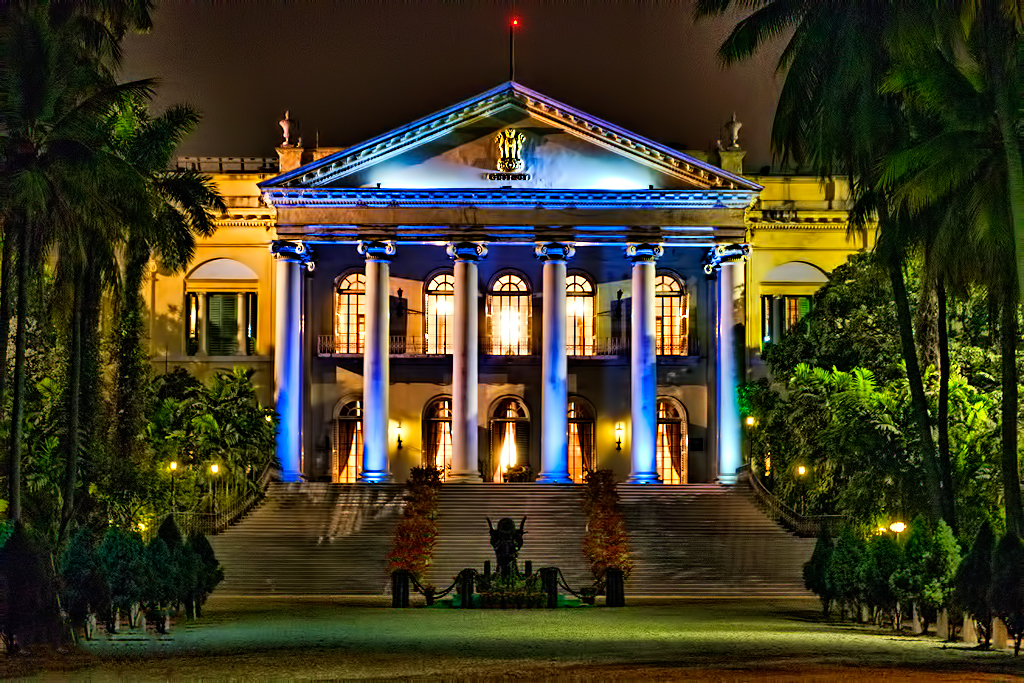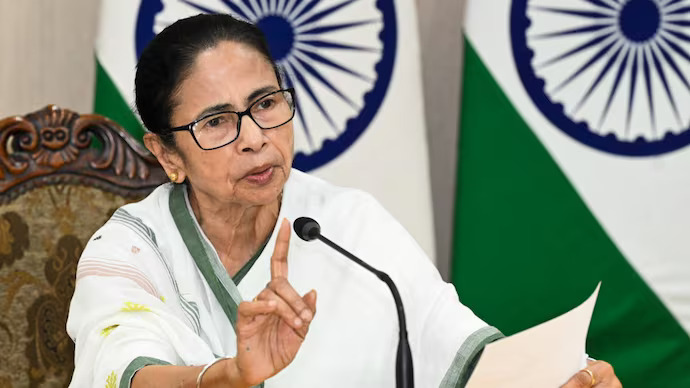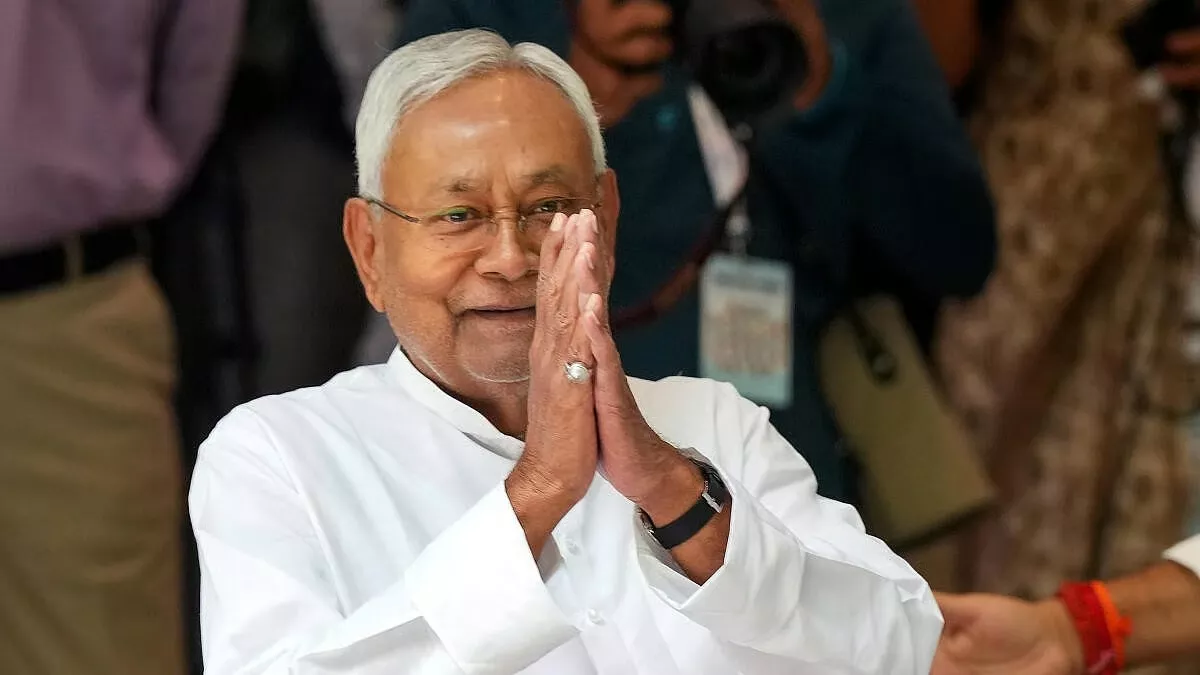Introduction
In a much-anticipated national address, Prime Minister Narendra Modi spoke publicly for the first time since the recent India-Pakistan military escalation. His statement came amid heightened tensions along the border, sparking international concern and nationwide attention. The Prime Minister aimed to reassure the nation, outline India’s stance, and call for unity during this critical period.
“Our resolve to protect our borders is unshakable. Peace is our path, but security is our priority,“ PM Modi declared.
India’s Stand on Cross-Border Terrorism and National Security
India’s recent military response to terrorist activities originating from Pakistan-occupied territories marked a significant shift in defense policy. PM Modi strongly justified the strikes as a “necessary countermeasure” to safeguard national interests.
He emphasized that India remains a peace-loving nation, but it will no longer tolerate cross-border terrorism. This address not only reassured citizens but also sent a strong message to the global community about India’s firm stance on security.
In his speech, PM Modi highlighted that the Indian Armed Forces executed the operation with precision, ensuring minimal collateral damage while targeting strategic terror infrastructures. The government’s approach aligns with international laws of self-defense, a point also echoed by global observers including the United Nations.
Alt text: Indian Air Force jets during strike operation over border regions
Call for Unity: PM Urges Citizens to Stand Together
Another focal point of PM Modi’s speech was the call for national unity. Amid rising communal rhetoric and social media-fueled misinformation, the Prime Minister urged Indians to maintain harmony and avoid giving in to divisive narratives.
“This is the time to show the strength of our unity, not the cracks of our divisions,” Modi said in a calm yet determined tone.
The Prime Minister also cautioned against misinformation campaigns and called on the media to report responsibly. Citizens were advised to rely on verified sources and avoid spreading unconfirmed news, especially on social media.
This part of the speech was seen as a response to the opposition’s criticism and public debates over the timing and transparency of the strikes.

Opposition Reacts, BJP Stands Firm
In the political aftermath of the strikes, opposition leaders questioned the government’s intent, suggesting political motives ahead of upcoming elections. However, the BJP remained united in support of PM Modi’s actions.
BJP MLA Purnesh Modi strongly condemned Congress leader Rahul Gandhi’s remarks, calling them “misleading” and “an insult to the OBC community.” The controversy surrounding Gandhi’s “Chor” comment resurfaced, with Purnesh Modi clarifying that the ‘Teli’ community’s inclusion in the OBC category occurred in 1994 under Congress rule, not in 2000, and that PM Modi had no involvement in the decision.
“Congress is accustomed to vote bank and appeasement politics. Rahul Gandhi is frustrated,” he said
This political back-and-forth only heightened the significance of Modi’s call for national unity beyond party lines.
Conclusion: A Nation on High Alert, But Not in Panic
Prime Minister Modi’s address served multiple purposes—it reassured citizens, warned adversaries, and called for unity amid chaos. As diplomatic efforts unfold, India remains firm in its position against terrorism while leaving space for peace through strength.
Moving forward, the government is expected to hold high-level talks with international partners and continue surveillance along the border.
📢 Join the Conversation
What are your thoughts on PM Modi’s address? Do you believe his speech struck the right tone in these tense times? Share your opinion in the comments or on our social media handles.



